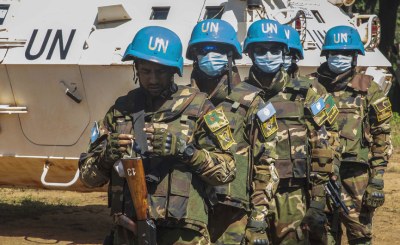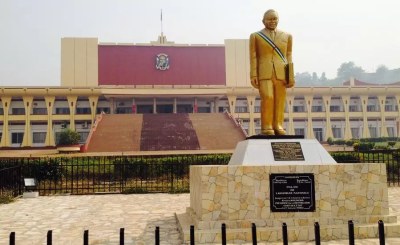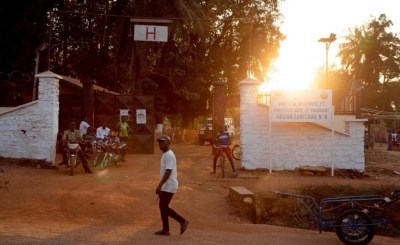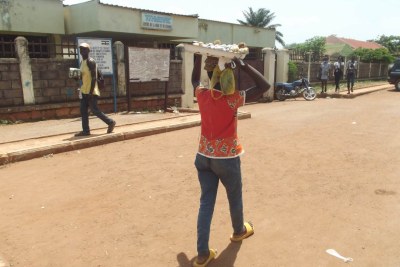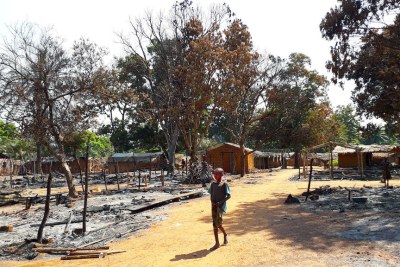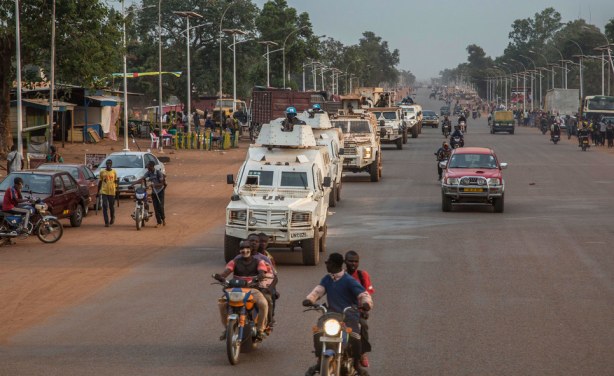-
Central Africa: What It Will Take to End Civil War in the Central African Republic
The Conversation Africa, 6 September 2021
In recent months, Central African politicians and journalists have shared images of the military posing in front of different town signs - seemingly as proof of the state regaining… Read more »
-
Central African Republic: Central African Republic - the Truth Commission With Feet of Clay
JusticeInfo.net, 30 August 2021
A "Truth, Justice, Reparation and Reconciliation Commission" was officially launched in July in Bangui, with the swearing in of its members and election of its executive body.… Read more »
-
Central African Republic: U.S. Graft Watchdog Links French Firm Castel Group to Funding Militia
Nation, 22 August 2021
A subsidiary of French's largest wine producer, Castel Group, negotiated with a violent militia group in the Central African Republic to have its sugar operations and market shares… Read more »
-
Rwanda: CAR Is Ready for Business, PSF Boss Tells Rwandan Businesses
New Times, 18 August 2021
Rwandan businesses should move to make the most of opportunities in the Central African Republic, the head of the Rwandan private sector federation has said. Read more »
-
Central African Republic: French Wine Giant Castel Accused of Funding Rebels
RFI, 20 August 2021
The French wine giant Castel says it will investigate claims that one of its subsidiaries paid rebels in the Central African Republic to protect its sugar operations in the… Read more »
Regaining State Control in Central African Republic
The civil war in the Central African Republic commenced when militia groups in the northeast formed a coalition in 2012 to topple President François Bozizé. Their declared interest was the defence of a marginalised population's demand for development.
However, the more likely trigger for the rebellion was Bozizé's attempt to take control of the armed groups' lucrative mining business. Only an emphasis on civilian aspects of rule - such as providing education, health and building infrastructure - can stop rebellions from successfully challenging the state's rule in the future.
Given the history of the Central African Republic with foreign armed groups and frequent coup d'états within a small elite circle, it is unsurprising that citizens are doubtful of the intentions of current players to re-establish state authority.
Gaining lasting public support for the institutions being put in place - a stronger national army and a larger public administration - will mean tackling issues of belonging, of status and of public service. Simple military reconquest will not create lasting stability writes Tim Glawion for The Conversation.
InFocus
-
General Daniel Sidiki Troare, the commander of U.N. peacekeeping forces in the Central African Republic, has said that militants in the country continue to challenge authorities ... Read more »
-
A new United Nations report details the dire - and worsening - human rights situation over the past year in the Central African Republic (CAR), where armed groups carried out a ... Read more »
-
A Frenchman has been arrested in the Central African Republic after police said they had discovered a "very large arsenal" of weapons in his home. A government spokesperson told ... Read more »
-
Mankeur Ndiaye, Central African Republic Special Representative and Head of the UN Multidimensional Integrated Stabilization Mission (MINUSCA) voiced his concern over a military ... Read more »
